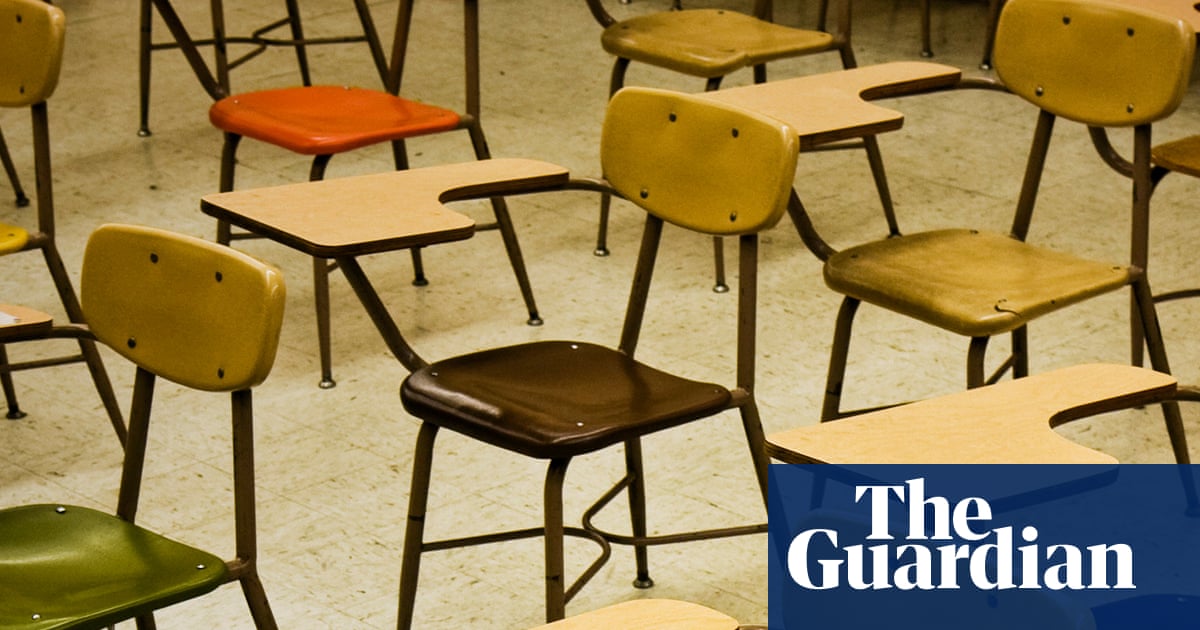The recent decision by the Trump administration to cancel $1 billion in mental health grants for schools has generated significant discourse about its motivations and implications. This move appears to reflect a broader ideological shift aimed at dismantling programs associated with the previous administration while promoting a distinct political narrative.
Intent Behind the Announcement
The cancellation of these grants aligns with the Trump administration's focus on reversing policies implemented under Joe Biden, particularly those viewed as promoting diversity and inclusion. By framing the cuts as a corrective measure against perceived misuses of federal funds, the administration seeks to assert a commitment to merit-based policies. This narrative is reinforced by claims that the grants supported "left-wing racialism," appealing to conservative voters who favor a more traditional view of civil rights.
Public Perception and Messaging
The message conveyed through this announcement aims to resonate with segments of the population that are skeptical of diversity initiatives. By labeling the funding as a "slush fund for activists," the administration is attempting to galvanize support among those who believe that current diversity policies discriminate against certain racial groups. This framing could foster a sense of urgency and validation among communities that feel marginalized by progressive agendas.
Potential Concealments
While the administration promotes the idea that the cuts are intended to enhance fairness and merit, there may be a lack of transparency regarding alternative support systems for mental health in schools. The announcement hints at re-envisioning funding but provides little detail on how these new initiatives will address the mental health crisis faced by students, potentially obscuring the real needs of educational institutions.
Manipulative Elements
The article employs language that could be seen as manipulative, using terms like "left-wing racialism" and "slush fund" to create an emotional response. This kind of rhetoric is designed to polarize opinion and rally support from conservatives, while simultaneously alienating those who advocate for diversity and inclusion initiatives. The framing suggests an attack on established policies rather than a constructive critique of their implementation.
Comparison to Other News
When juxtaposed with other recent news stories about federal funding cuts or education policies, a pattern emerges where the Trump administration consistently targets DEI initiatives. This could indicate a broader strategy aimed at reshaping public discourse around education and civil rights, positioning the administration as a defender of traditional values against perceived liberal overreach.
Societal and Economic Implications
The cuts could have far-reaching effects on mental health resources in schools, potentially exacerbating the challenges students face. Economically, the decision may lead to increased pressure on local education budgets as schools scramble to fill the gaps left by federal funding reductions. Politically, this move could energize the base for the upcoming elections, solidifying support among conservative voters while driving a wedge between differing ideological camps.
Target Audience
This announcement is likely to resonate more strongly with conservative communities, particularly those who prioritize limited government intervention and traditional views on education. By framing the cuts in a way that appeals to these groups, the administration aims to consolidate its support base.
Market Impact
While this specific announcement may not have immediate repercussions in the stock market, it signals broader trends in government funding that could affect education-related stocks and companies involved in mental health services. Investors may need to assess how shifts in federal education policy could influence market dynamics and the growth potential of companies reliant on government contracts.
Global Context
This decision reflects domestic political dynamics, but it also plays into larger global conversations about race, equity, and rights. The ideological battles in the U.S. over these issues can impact international perceptions of American values and governance, particularly in discussions about human rights and inclusivity.
The article appears to be constructed to provoke a strong reaction, using specific language and framing to support a particular agenda. The reliability of the information hinges on the broader context of ongoing political debates and the motivations behind such funding decisions.
